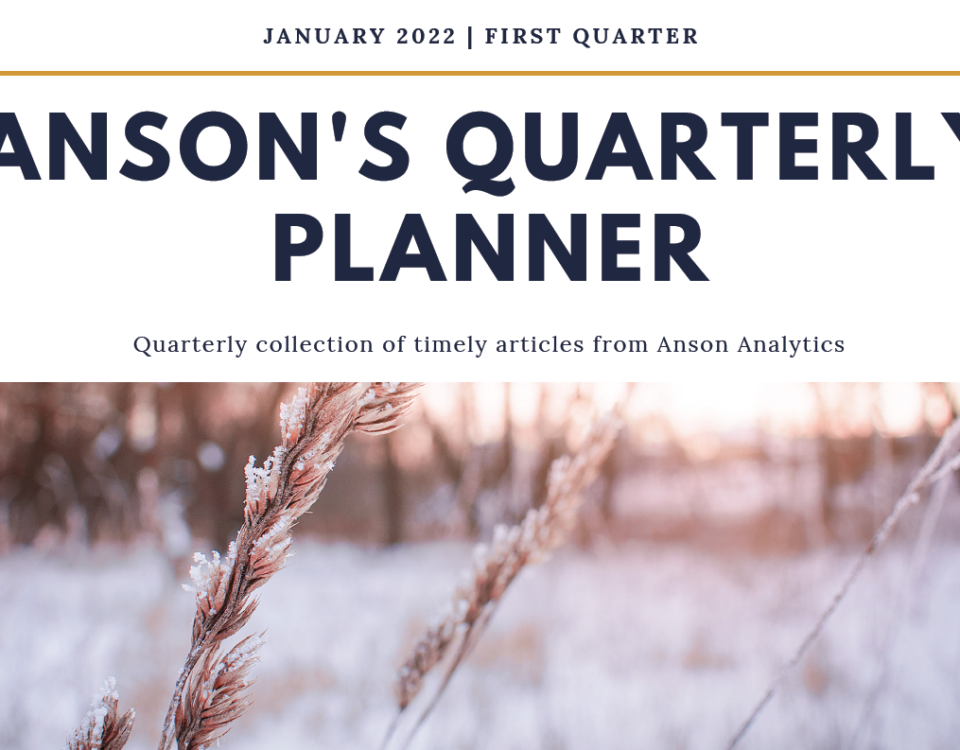A Retirement Gender Gap

5 Tips for Paying Off Debt
April 9, 2018
The Three Retirement Savings Choices You Need To Make
April 24, 2018Why a middle-class woman may end up less ready to retire than a middle-class man.
Provided by Sam Sweitzer, CFA, Anson Analytics
What is the retirement outlook for the average fifty-something working woman?
As a generalization, less sunny than that of a man in her age group.
Most middle-class retirees get their income from three sources. An influential 2016 National Institute on Retirement Security study called them the “three-legged stool” of retirement. Social Security provides some of that income, retirement account distributions some more, and pensions complement those two sources for a fortunate few.1
For many retirees today, that “three-legged stool” may appear broken or wobbly. Pension income may be non-existent, and retirement accounts too small to provide sufficient financial support. The problem is even more pronounced for women because of a few factors.1
When it comes to median earnings per gender, women earn 80% of what men make.
The gender pay gap actually varies depending on career choice, educational level, work experience, and job tenure, but it tends to be greater among older workers.2
At the median salary level, this gap costs women about $419,000 over a 40-year career. Earnings aside, there is also the reality that women often spend fewer years in the workplace than men. They may leave work to raise children or care for spouses or relatives. This means fewer years of contributions to tax-favored retirement accounts and fewer years of employment by which to determine Social Security income. In fact, the most recent snapshot (2015) shows an average yearly Social Security benefit of $18,000 for men and $14,184 for women. An average female Social Security recipient receives 79% of what the average male Social Security recipient gets.2,3
How may you plan to overcome this retirement gender gap?
The clear answers are to invest and save more, earlier in life, to make the catch-up contributions to retirement accounts starting at age 50, to negotiate the pay you truly deserve at work all your career, and even to work longer.
There are no easy answers here. They all require initiative and dedication. Combine some or all of them with insight from a financial professional, and you may find yourself closing the retirement gender gap.
Sam Sweitzer may be reached at 678.216.0795 or info@ansonanalytics.com.
Visit us at our website for more information on Anson Analytics and the services we offer.
This material was prepared by MarketingPro, Inc., and does not necessarily represent the views of the presenting party, nor their affiliates. This information has been derived from sources believed to be accurate. Please note – investing involves risk, and past performance is no guarantee of future results. The publisher is not engaged in rendering legal, accounting or other professional services. If assistance is needed, the reader is advised to engage the services of a competent professional. This information should not be construed as investment, tax or legal advice and may not be relied on for the purpose of avoiding any Federal tax penalty. This is neither a solicitation nor recommendation to purchase or sell any investment or insurance product or service, and should not be relied upon as such. All indices are unmanaged and are not illustrative of any particular investment.
Anson Analytics Disclosure can be found at http://ansonanalytics.com/disclosures/
Citations.
1 – forbes.com/sites/karastiles/2017/11/01/heres-how-the-gender-gap-applies-to-retirement/ [11/1/17]
2 – money.cnn.com/2017/04/04/pf/equal-pay-day-gender-pay-gap/index.html [4/4/17]
3 – forbes.com/sites/ebauer/2018/03/16/how-should-we-make-social-security-fairer-for-moms/ [3/16/18]


